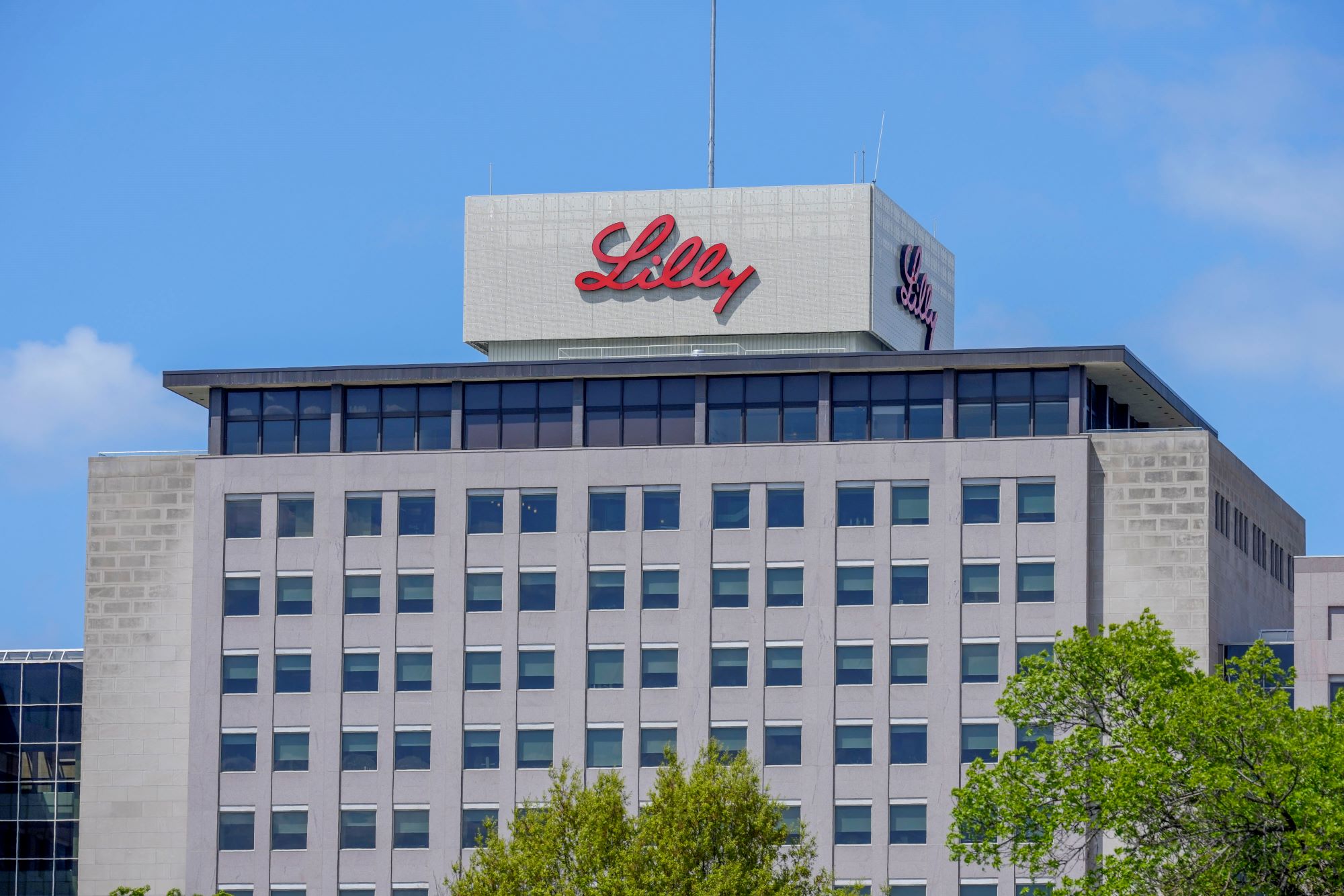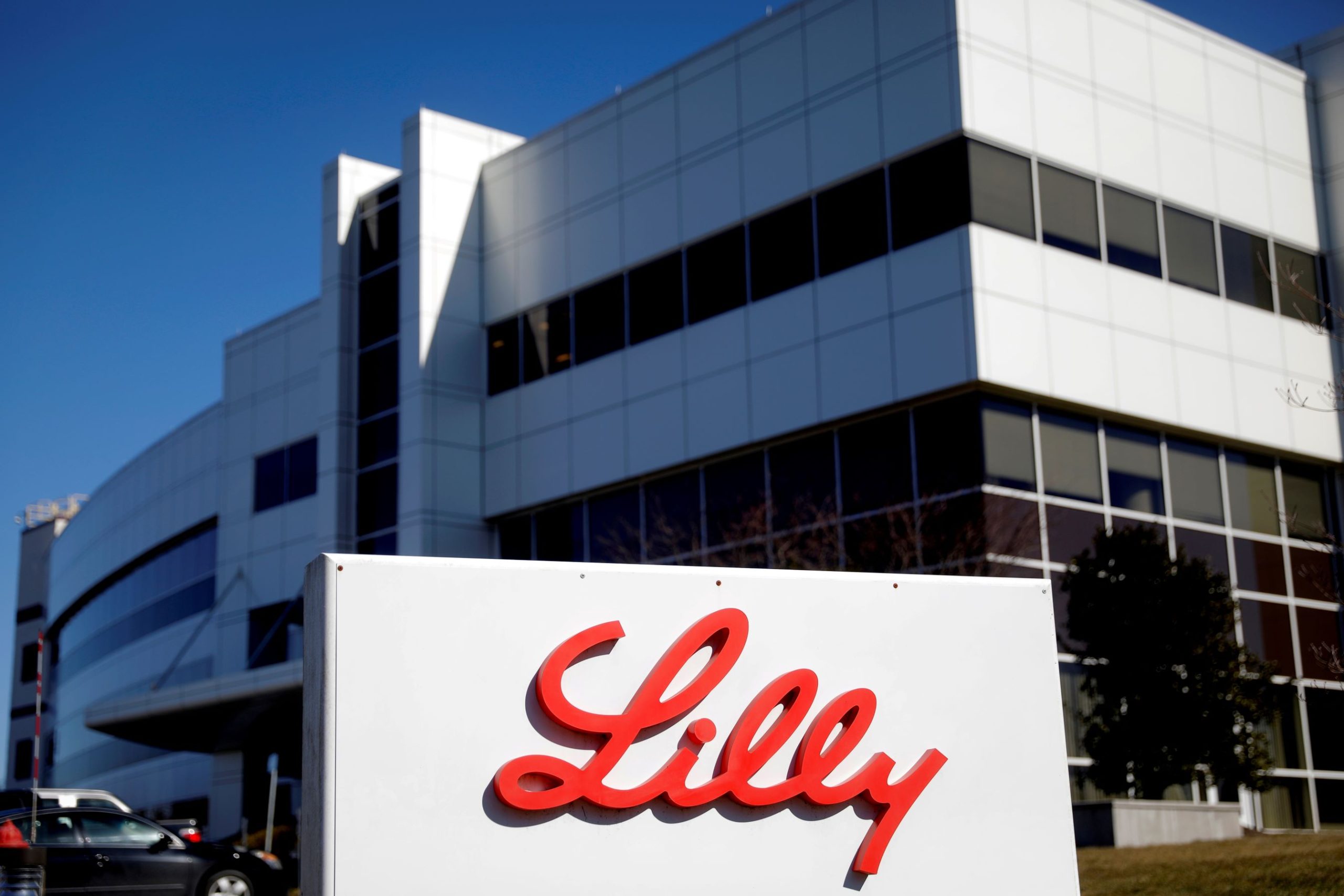Eli Lilly announced on Friday that the Food and Drug Administration (FDA) has extended the deadline for its decision on the approval of the company’s experimental Alzheimer’s treatment, donanemab, in an unexpected development.
The FDA intends to convene a last-minute meeting of its external experts to conduct further evaluation of the treatment’s safety and efficacy in a late-stage trial, Eli Lilly reported. The FDA has not disclosed the date of this meeting, indicating that any potential approval would likely occur after this month.
Initially, the FDA was anticipated to make a determination regarding the approval of the medication by the end of the first quarter. This deadline had already been postponed from the expected approval last year.
In a late-stage trial, Eli Lilly’s drug significantly impeded the progression of Alzheimer’s. However, concerns regarding safety, particularly related to brain swelling and bleeding, accompany this treatment and others like it.

The FDA’s decision to convene an advisory meeting underscores the critical nature of developing treatments for Alzheimer’s. With over 6 million Americans affected by the condition and no current cure available, individuals with Alzheimer’s have limited effective treatment options.
This setback marks another challenge for Eli Lilly, as it endeavors to compete with Biogen and Eisai, whose treatment, Leqembi, obtained approval last year. Leqembi was the first medication proven to decelerate Alzheimer’s progression in individuals at the early stages of the disease, characterized by memory impairment.
Both Leqembi and Eli Lilly’s drug are monoclonal antibodies targeting the accumulation of amyloid plaque, a protein in the brain considered a hallmark of Alzheimer’s disease.
While Eli Lilly described the delay as “unexpected,” the company expressed confidence in donanemab’s potential to provide substantial benefits to individuals with early symptomatic Alzheimer’s disease.
Anne White, President of Neuroscience at Eli Lilly, stated, “We will work with the FDA and the stakeholders in the community to make that presentation and answer all questions.”
Eli Lilly acknowledged that while it is uncommon for the FDA to convene an advisory panel meeting after a specified action date, similar meetings have been organized for two other therapies targeting amyloid plaque, which the FDA previously approved.

The FDA typically seeks advice from an advisory panel regarding the safety and efficacy of unapproved products.
Although the agency generally follows the recommendations of its advisors, it is not obligated to do so. In 2021, the FDA approved Biogen and Eisai’s Alzheimer’s drug, Aduhelm, despite receiving a negative recommendation from its advisory panel.
The FDA will review an 18-month phase 3 trial involving over 1,700 patients in the early stages of Alzheimer’s, all of whom had confirmed amyloid plaque presence. The agency aims to evaluate safety outcomes and assess how the trial’s distinctive design influenced efficacy.
In Eli Lilly’s study, patients were permitted to discontinue the drug once amyloid plaques were cleared from the brain. Unlike Alzheimer’s medications, including Leqembi, donanemab does not have specified cessation points for patients.
The trial of Eli Lilly’s drug yielded positive results. Data indicates that patients receiving the drug exhibited a 35% slower decline in memory, cognitive abilities, and daily functional capabilities compared to those who did not receive the treatment.
However, the trial also revealed that 37% of individuals administered donanemab experienced brain swelling or bleeding, including three fatalities, in contrast to approximately 15% of those who received a placebo. Similar adverse effects have been observed with Leqembi.







Leave a Reply